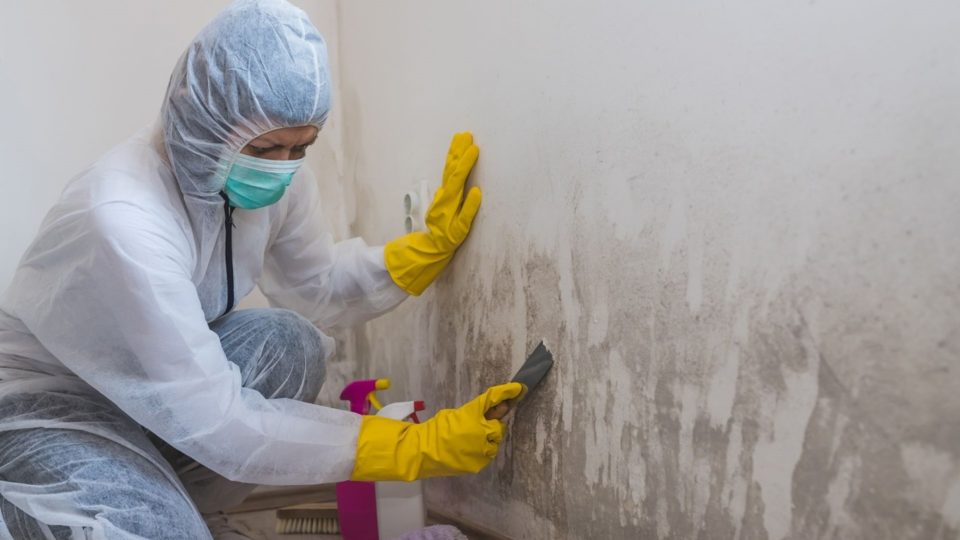Do you know the difference between mold removal and remediation? If not, keep reading for in this article, we will discuss the difference between the two. But before that, let’s understand what mold is and the signs you have mold infection in your house.
What is Mold?
Mold is a fungus that can grow in almost any environment. It exists both outside and inside the home but only becomes a problem when it starts to grow indoors. Mold requires organic material (wood, drywall) to begin growing, which is why it’s sometimes mistaken for dirt. But unlike dirt, mold can’t be simply swept or vacuumed away.
Signs of mold include:
Musty odors – Mold often produces an unpleasant smell due to the chemicals it releases (mycotoxins).
Staining or discoloration – Mildew may appear on ceiling tiles, hardwood floors, bathroom grout, and other areas. You’ll also see signs of mold growth near windowsills and doors where there is constant moisture
Spores on surfaces – The white and black spores of mold often appear on surfaces above where mold is growing. If you see small dots that look like powder or dust, it may be the remnants of a mold colony
Swelling or bubbling walls – Moisture introduced to drywall causes it to expand and contract, creating an uneven surface. If you’ve noticed large bumps or depressions in your walls that don’t go away, the drywall may be infested with mold.
The Difference Between Remediation and Removal
- Remediation is done to ensure that there are no harmful spores living in the affected area. Mold removal denver co, on the other hand, is done to ensure that all mold has been purged from your home because it poses a serious health risk if left untreated. Even if you only have small traces of mold present, they can quickly spread and cause severe respiratory issues.
- Remediation cannot always be done by homeowners or even companies because it involves potentially remediating an area that has been significantly affected by water damage or another moisture-related problem, which means a large portion of a wall or floor must be removed. Therefore, its best recommended hiring a Commercial Mold Remediation in Atlanta. Mold Removal, on the other hand, only requires the affected materials to be removed and replaced with new materials. In more severe cases of mold growth, an entire section of the home may need to be remediated/removed depending on how badly mold affects that area.
- Remediation is usually done as soon as possible, which is why some companies may offer 24-hour emergency services. Mold Removal, however, is usually done as a later project because there are several steps involved in the process, and they all must be completed within specific guidelines to ensure that all mold spores have been removed from the home.
- Remediation cannot always be done by homeowners or even companies because it involves potentially remediating an area that has been significantly affected by water damage or another moisture-related problem, which means a large portion of a wall or floor must be removed. Therefore, its best recommended hiring amold damage remediation boston ma. .
This may also interest you: 8 Steps to Mold Remediation Success!
Mold is a common problem in the home. It’s important to know the difference between mold removal and remediation, however, as they are not always interchangeable terms. Mold removal involves physically removing all of the mold growth from an area, but remediation does not necessarily involve this step. Remediation may only involve killing off any remaining spores that are present by using chemical cleaners or other methods like UV lights. The choice depends on how severe your mold problem is and what type of material you want to use for restoration purposes afterward (i.e., carpeting or drywall).

